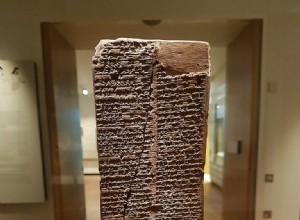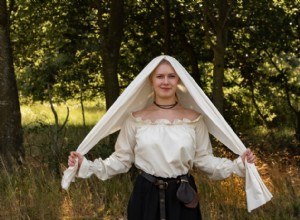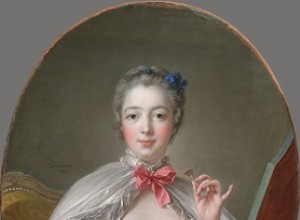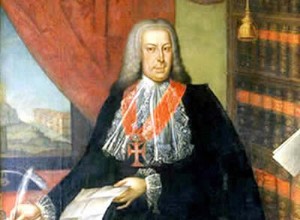The Sumerian Royal List is a list of kings of Mesopotamia that has been found in various archaeological and documentary artifacts, with slight variations. The best preserved of all, and the one with the longest list, is the so-called Weld-Blundell Prism, a vertical clay prism inscribed in cuneiform




